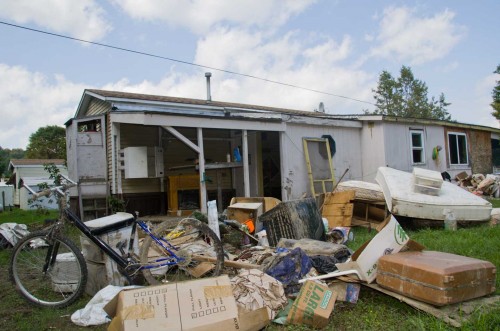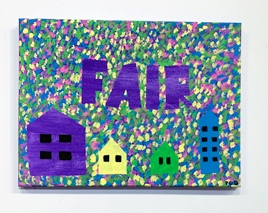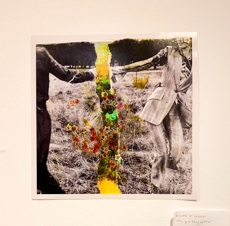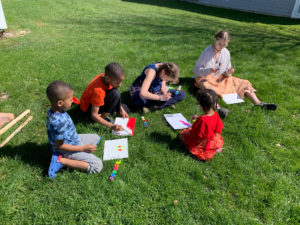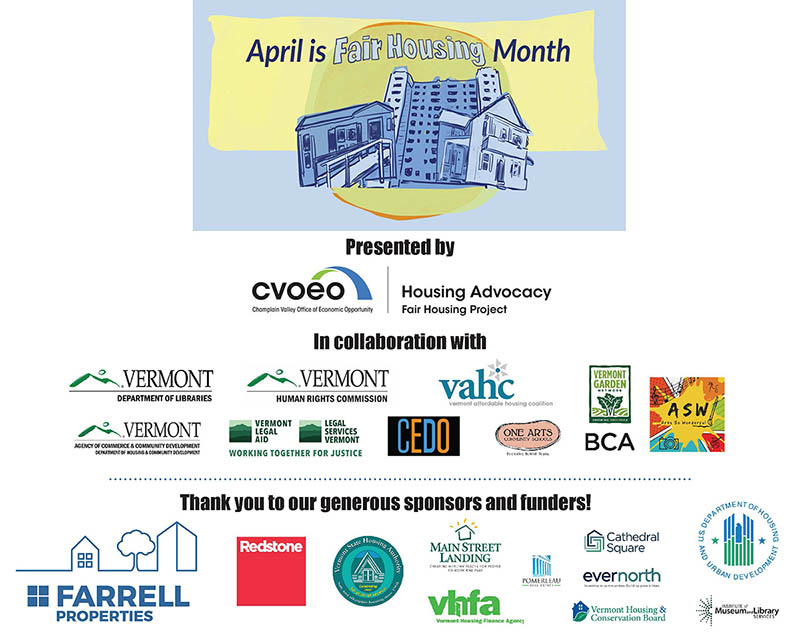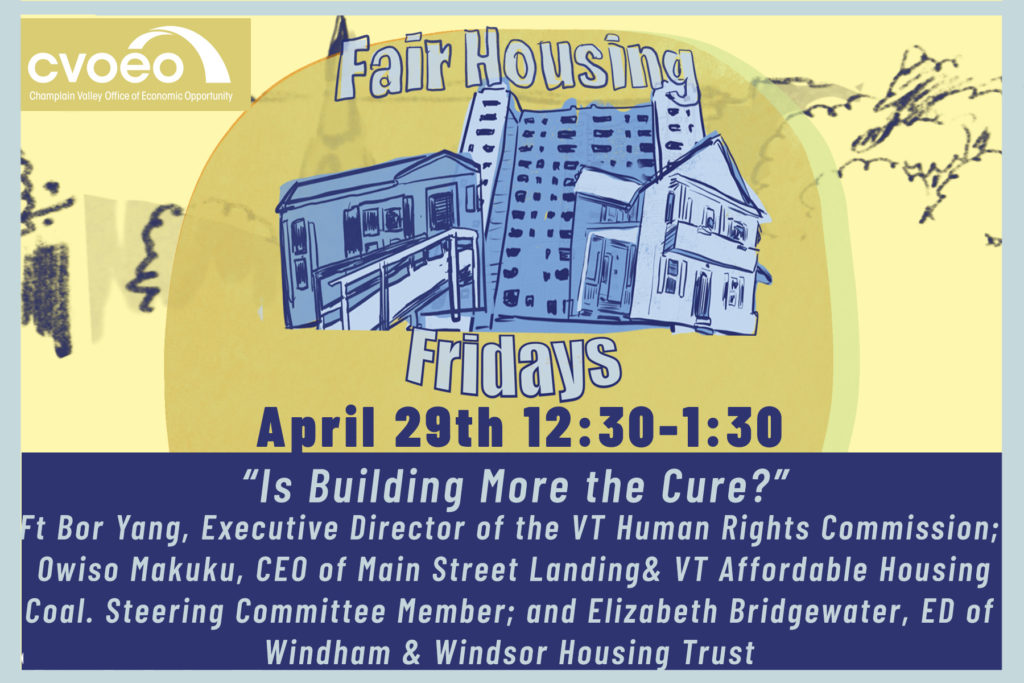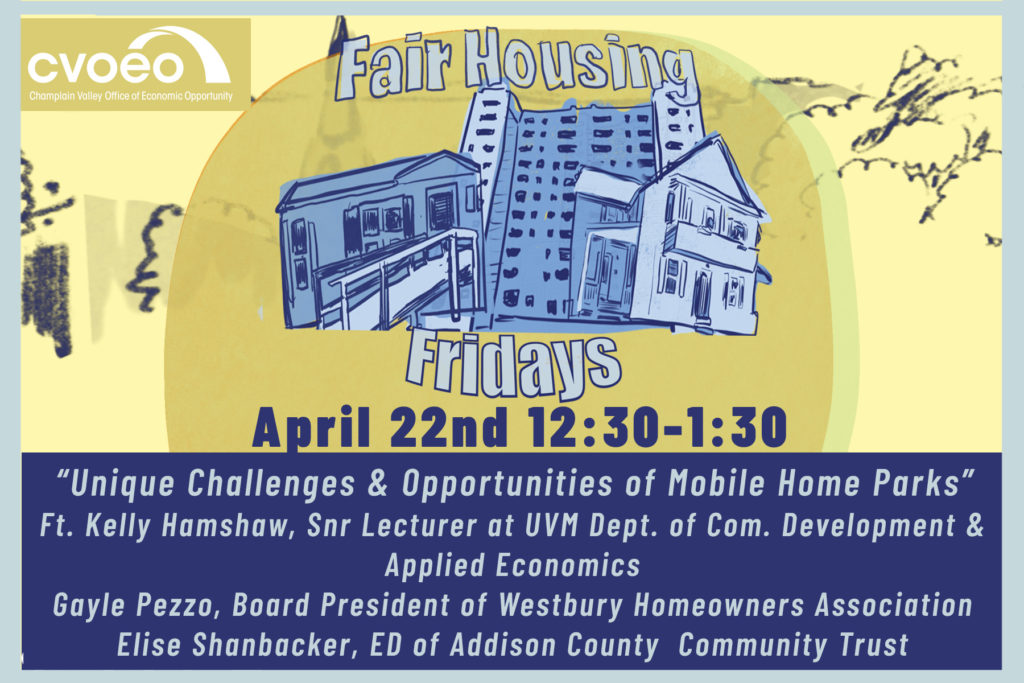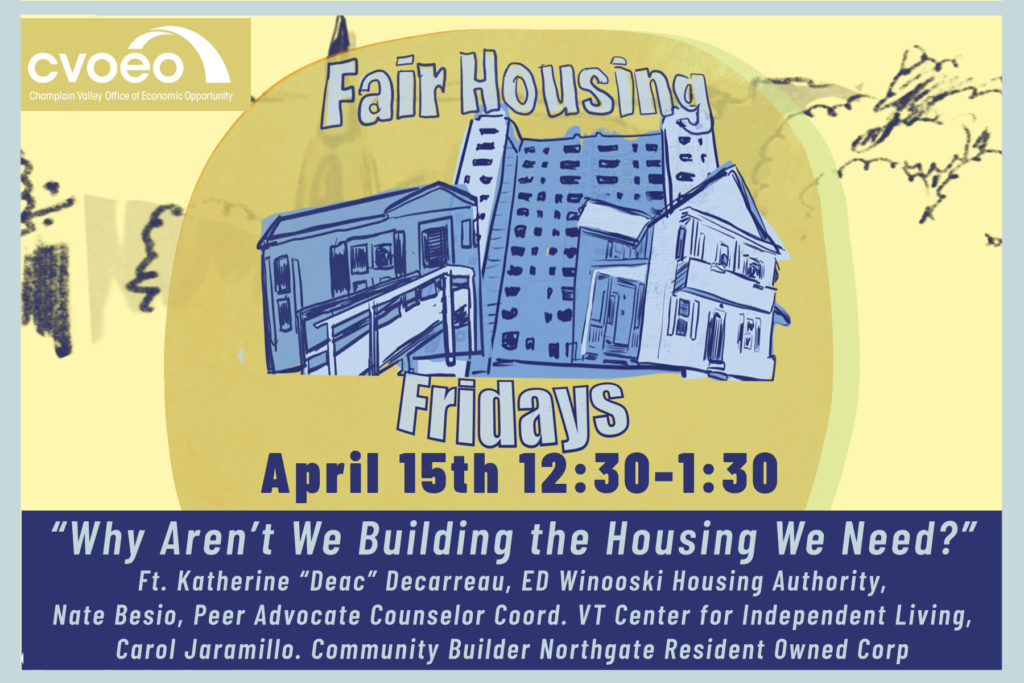The development of affordable housing is a key response to the housing crisis – but where are these homes located? “Smart growth” – the idea that we should encourage dense, mixed-use developments with access to services including public transport and green space – is increasingly a buzzword in housing. But recent research suggests that affordable housing is increasingly being built in environmentally risky areas, including those prone to flooding or wildfires and historically polluted areas.
One Shelterforce article, written by Collen O’Connor-Grant, discusses how 300 low-income housing units, due to be built in Holmdel Township, NJ (a wealth NYC suburb), were relocated from the main redevelopment area to a recently rezoned wetland. The new lot was a known flooding hotspot and, given the devastation caused by recent storms like Sandy and Ida, authorities were undoubtedly area of the risks of the new location. Other concerns were also raised, including the potential for soil and water contamination from nearby businesses – but no plans to conduct testing to check this were ever announced.
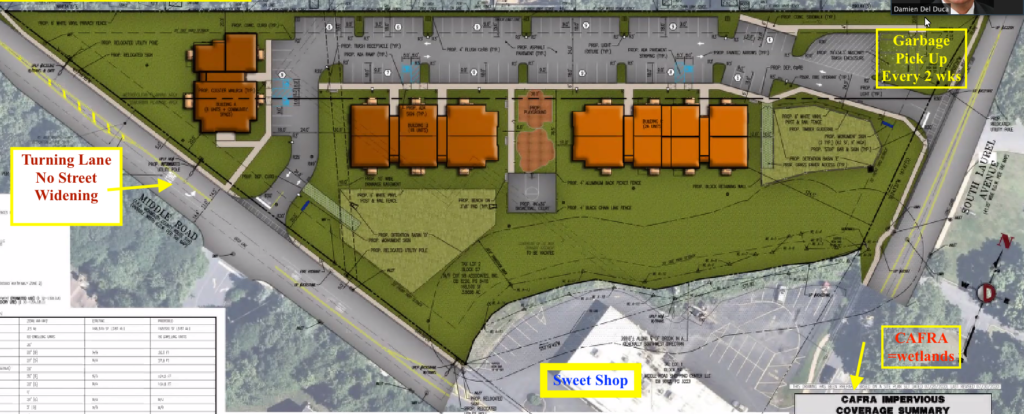
The Holmdel case is a classic example of “climate gentrification”, where certain properties or areas are valued over others because of their perceived ability to withstand the effects of climate change. Climate gentrification is also a problem in Vermont, as recent articles discussing “climate refugees” have shown. While everyone deserves a safe place to live, some are concerned that the influx of often-wealthy folks from out of state looking for “climate havens” will further displace long-term Vermont residents struggling with the state’s housing crunch.
Locating affordable homes in more environmentally risky areas is also a problem in Vermont. A 2013 study by UVM and the Department of Housing and Community Development found that mobile homes are disproportionately located in flood zones: nearly 12% of mobile homes in parks are located in flood hazard areas, compared to 6% of mobile homes on private land and just 4% of single-family homes.
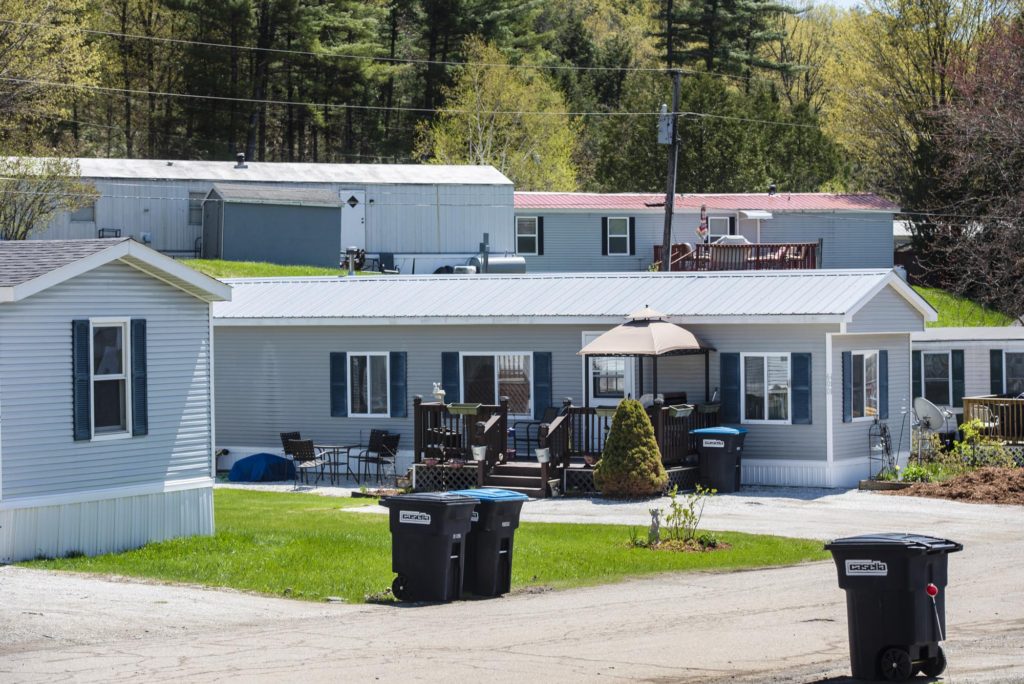
An article published last year in the Valley News highlights how susceptible mobile home parks are to flooding events. The Riverside Mobile Home Park in Woodstock suffered major flooding and associated damage, including problems with mold, in Tropical Storm Irene. Equity issues became increasingly apparent during clean-up: many residents lacked proper flood insurance coverage, FEMA assistance was insufficient or entirely absent, and residents struggled to find the funds to repair their homes. Similar scenarios are playing out across the country, as natural disasters often further exacerbate high costs of building materials, leaving people unable to afford the costs of rebuilding.
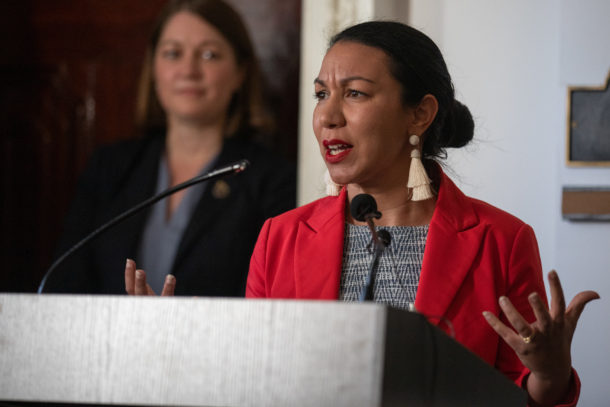
Given that the effects of climate change are only predicted to increase, we need to think about how to approach the intersecting affordable housing and climate crises. Unfortunately, no ready solutions are forthcoming. While some advocate for increased regulation by local governments (e.g., through changing zoning codes), others contend that it is local authorities that are the problem, and states should pass legislation enabling them to override “bad” local planning decisions. Vermont recently passed a new environmental justice bill (S.148) that aims to reduce the burden on communities that experience disproportionate impacts from environmental stress, including flooding and pollution by requiring the state to incorporate environmental justice into their work and establishing two new state-wide advisory groups, the Environmental Justice Advisory Council and the Interagency Environmental Justice Committee. Criticism of the bill centers on its implementation, with concerns that the bill does not allocate enough funding to ensure its long-term viability or to allow for meaningful community engagement. Nonetheless, passing the bill is still a big step forward for environmental justice in our state.
What do you think? Leave a comment below or visit our Facebook page to join in the conversation!
